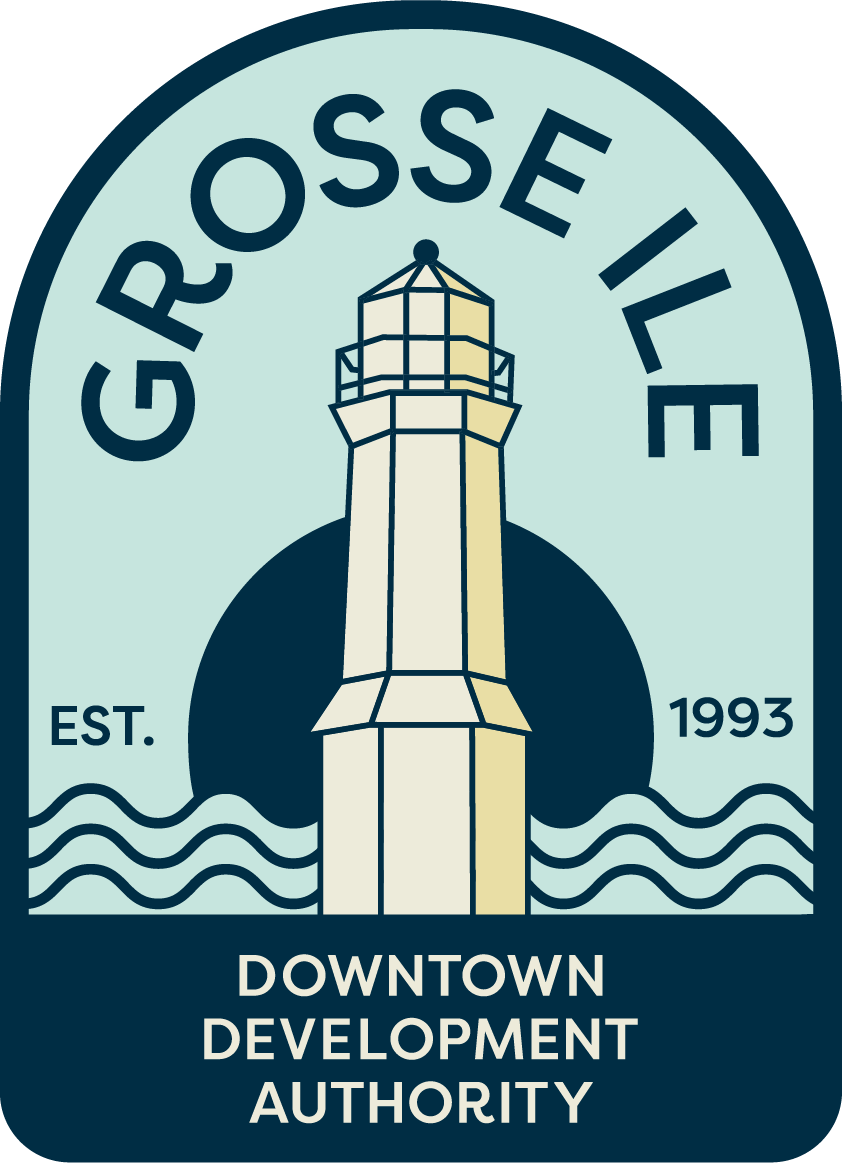Commercial Rehabilitation Act
The Commercial Rehabilitation Act, PA 210 of 2005, as amended, affords a tax incentive for the rehabilitation of commercial property for the primary purpose and use of a commercial business or multi-family residential facility.
What is the Commercial Rehabilitation Act?
Public Act 210 of 2005, as amended, encourages the rehabilitation of commercial property by abating the property taxes generated from new investment for a period up to 10 years. As defined, commercial property is a qualified facility that includes a building or group of contiguous buildings of commercial property that is 15 years or older, of which the primary purpose is the operation of a commercial business enterprise or multifamily residential use.
A qualified facility may also include vacant property or other commercial property which, within the immediately preceding 15 years, was commercial property. Types of commercial business enterprises include office, engineering, research and development, warehousing, parts distribution, retail sales, and other commercial activities.
Multi-family residential is housing that consists of five or more units. Commercial properties allocated new market tax credits are also considered a qualified facility. Qualified retail food establishments are considered a qualified facility for purposes of granting the tax abatement. These establishments include a retail supermarket, grocery store, produce market, or delicatessen that offer unprocessed USDA-inspected meat and poultry products or meat products that carry the USDA organic seal, fresh fruits and vegetables, and dairy products for sale to the public.
Why is Grosse Ile Offering this Incentive?
In an effort to revitalize the Township's businesses district, in accordance with the Downtown Development Authority's Economic Enhancement Strategy, the Grosse Ile Township Board of Trustees adopted the Commercial Rehabilitation Act (PA 210 of 2005) on March 11th, 2024.
As noted in the Strategy, the largest obstacle facing the district is the 19 vacant/unoccupied buildings and parcels, all of which are privately owned. The Strategy provides redevelopment recommendations for three of the largest vacant buildings and parcels, of which will be revisited in the Townships Master Plan Update this year. Upon adoption of the Township Master Plan, these redevelopment strategies will be implemented with the assistance of Wayne County and the Michigan Economic Development Corporation.
The tax abatement program offered through PA 210 of 2005 will be integral into redeveloping these sites in order to incentivize meaningful improvements to existing buildings, or significant new construction on vacant property within the district, that is in direct keeping with the character and values of traditional downtown infill development.
Need assistance? Fill out this form below to ask us if you qualify!
Contact Us
We will get back to you as soon as possible
Please try again later
Get Involved
Are you a small business owner? A property manager? A builder? or do you just live downtown?
All Rights Reserved | Grosse Ile Downtown Development Authority
